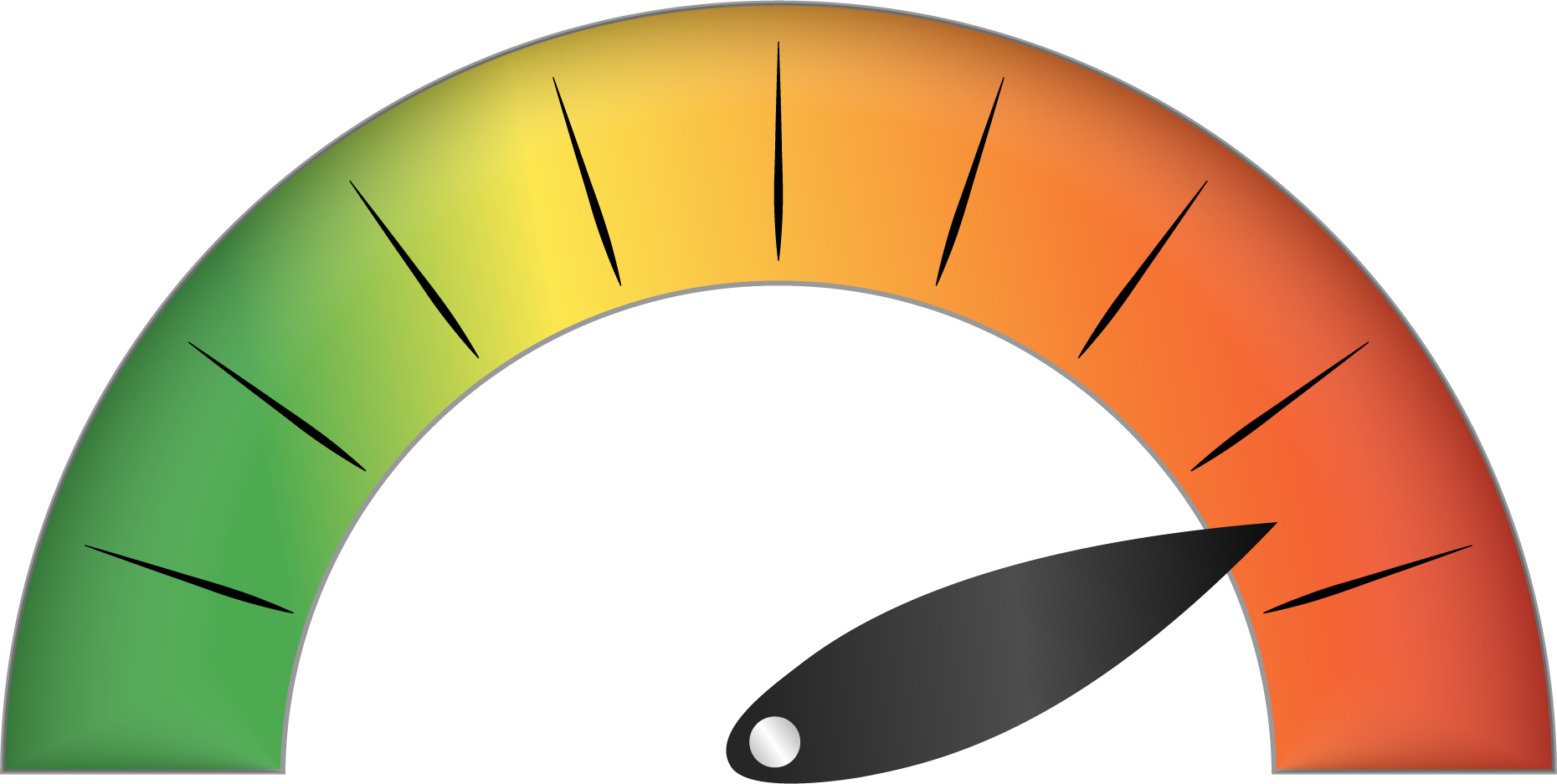Welcome To Your Enneagram Mood Check-In ✨

Your current state is:
unhealthy
Where Are You Right Now Enneagram 1?
When stressed, you might find yourself overwhelmed by self-criticism or frustration with others. This reflects a move toward Type 4 energy, where you feel misunderstood or focus on what’s lacking. Recognize this as a sign to practice self-compassion and reconnect with your values.
How This Shows Up: Signs You’re Here
Perfectionism is in overdrive. You might feel constantly frustrated, irritable, or judgmental—toward yourself or others. The world feels like it’s spinning out of control, and no matter how much you try to fix things, nothing feels 'good enough.' Overwhelm can leave you rigid, stuck, or emotionally distant.
I become self-righteous, hypocritical, punitive
How This Feels: Emotional Indicators
You’re emotionally tense, like a constant hum of frustration beneath the surface. Small imperfections—like someone leaving dishes in the sink or missing a deadline—might feel unbearable, sparking irritability or resentment. It’s hard to relax because your mind keeps replaying what went wrong or what still needs to be fixed.
WHAT’S FUELING THIS:
Common Triggers or Mindsets
-
You believe mistakes reflect on your worth or competence.
-
You feel overwhelmed by disorder or unmet expectations.
-
You fixate on controlling outcomes to avoid failure.
FINDING YOUR BALANCE
-
Step away from what’s frustrating you for 5 minutes—stretch, walk, or breathe.
-
Write down one thing you’ve accomplished today, even if it’s small.
-
Let one thing go today—it doesn’t have to be perfect to be okay.

Remember: This Is Temporary
This state might feel heavy, but remember—it’s only temporary. You have the power to shift and grow. Small steps, like using the advice above, can help you reconnect with your strengths and find balance again. Be kind to yourself as you move through this process—every moment is a chance to begin again.

Celebrate Your Growth:
When you’re feeling stuck in frustration or self-criticism, reaching out to someone you trust can help you shift your perspective. A friend, mentor, or coach can remind you that you don’t have to carry everything alone. Talking things through can also help you release some of the pressure you put on yourself. Remember, this state is temporary, and getting support is a powerful way to step back into balance.
New to the Enneagram Levels of Development? Start Here!
LEVELS OF DEVELOPMENT
Each type is divided into 9 levels of Psychological Health, 1= highest & 9=lowest. These are grouped into Healthy, Average & Unhealthy. At each level, we employ different strategies to reinforce our identity
Core Traits of Enneagram 1 at each Level
HEALTHY
1
Wise, accepting, humane, uplifting, principled.
2
Fair, balanced, ethical, organized, disciplined.
3
Responsible, conscientious, self-controlled, tolerant, realistic.
AVERAGE
4
Striving, self-critical, perfectionistic, moralistic, overly serious.
5
Rigid, judgmental, controlling, brusque, black-and-white thinking.
6
Harsh, self-righteous, overly strict, demanding, intolerant.
UNHEALTHY
7
Inflexible, punitive, bitter, critical, obsessed with flaws.
8
Corrupt, hypocritical, authoritarian, obsessive-compulsive, scornful.
9
Hateful, vengeful, destructive, furious, torturous.
Enneagram Levels of Development: Healthy, Average, and Unhealthy
HEALTHY RANGE:
In the healthy range, you’re not overly tied to your self-image or identity. You feel free to explore and express yourself in authentic and dynamic ways. By letting go of rigid definitions of who you are, you naturally align with your values and act in ways that reflect your true self, effortlessly reinforcing your sense of purpose and wholeness.
-
Level 1 – Liberation (Ego transcended-balance and freedom)
-
Level 2 – Psychological Capacity (Ego is identified as an ideal-self)
-
Level 3 – Social Value (Ego operating in a constructive way)
AVERAGE RANGE:
In this range, some imbalance starts to show, and your focus narrows. You may become more preoccupied with your identity and how others perceive you. To maintain this image, you might rely on social roles, subtle manipulation, or trying to control situations, all in an effort to reinforce your sense of self.
-
Level 4 – Imbalance (Ego-role assumed, defences increased)
-
Level 5 – Interpersonal Control (Manipulative & Defended)
-
Level 6 – Overcompensation (Ego inflation, conflicts with others)
UNHEALTHY RANGE:
In the unhealthy range, your focus on your identity becomes so intense that it distorts your perception of reality. You may see yourself in a way that feels completely disconnected from how others experience you, creating a sense of isolation or misunderstanding.
-
Level 7 – Violation (Survival tactic, neurotic)
-
Level 8 – Delusion and Compulsion (Major personality disorder)
-
Level 9 – Pathological Destructiveness (Psychosis, breakdown).
UNHEALTHY RANGE
AND ITS LEVELS
7. Level of Violation: INTOLERANT MISANTHROPE
At this level, Type 1s abandon their self-image as “The Moral Teacher” and become rigidly intolerant of others. Believing they alone hold the truth, they harshly judge those who don’t meet their impossible standards, while rationalizing their own actions. Bitter and inflexible, they refuse to negotiate or compromise, becoming defensive and close-minded. Their dogmatic approach alienates others as they spiral into self-righteousness and vitriol.
8. Level of Delusion & Compulsion: OBSESSIVE HYPOCRITE
At this level, Type 1s become consumed by an overwhelming fear of losing control over themselves. Obsessed with flaws and wrongdoings in others, they hypocritically fall into contradictory behaviors, doing the very things they condemn. Fixated and compulsive, they struggle to align their actions with their ideals, leading to feelings of corruption and self-flagellation. Their rigid focus on imperfections drives them further into inner turmoil and disconnect from their values.
9. Level of Pathological Destructiveness: PUNITIVE AVENGER
At this level, Type 1s spiral into destructive behavior, driven by a desperate attempt to rid themselves of perceived wrongdoers and the chaos they feel inside. Convinced their fears of being defective or corrupted have come true, they become cruel and punitive, lashing out with merciless judgment. Overwhelmed by rage and despair, they may turn to extreme measures, including self-harm or obsessive attempts to "restore order" through punishment.